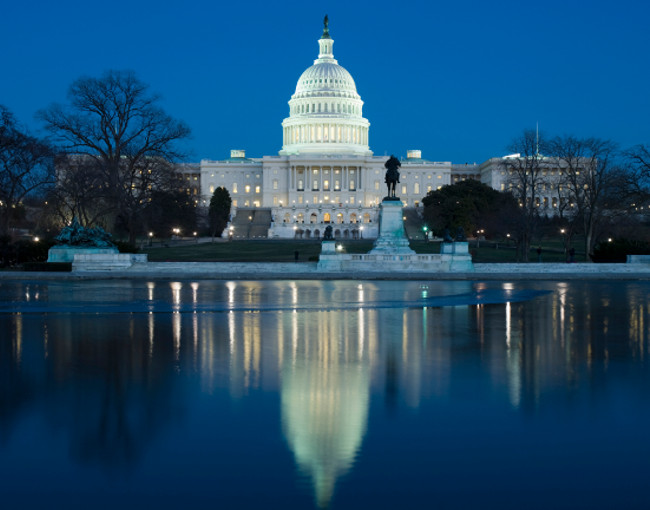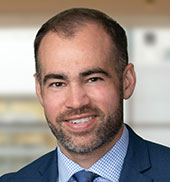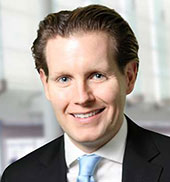August is the first in our two-part Wonkology series on polling.
The practice of surveying a representative sample to gather information on current public opinion. Election polls are frequently conducted by major media outlets, polling firms, and by campaigns during election years to predict electoral outcomes.
Citius
Prior to the advent of mass communication, local newspapers conducted unofficial polling - also called "straw polls“ to measure popular opinion in presidential races. The Harrisburg Pennsylvanian is credited with conducting the first straw poll in 1824, correctly predicting Andrew Jackson's defeat of John Quincy Adams.
Local polling remained popular until 1916, when Literary Digest began polling its readers on their presidential preferences. After a series of successful forecasts, Literary Digest incorrectly predicted victory for Republican Kansas Governor Alf Landon in what turned out to be a 46-state landslide for President Roosevelt. In an attempt to increase its response rate to 25%, Literary Digest unwittingly skewed the results towards wealthy voters and thus introduced significant biases into the polling sample. Literary Digest's 1936 failure was a turning point in polling. A rival pollster that year, George Gallup, correctly predicted Roosevelt's victory, which led to the rise of Gallup and other polling firms. Today, pollsters struggle to achieve even a 10% response rate and go to great lengths to find an accurate, representative sample.
Altius
Over the last 50 years, polling has become a mainstay in American politics. Nearly every presidential, senate, and congressional campaign hires pollsters to assess their race, also known as "private polling." On the other hand, media organizations frequently partner with polling firms to conduct "public polling" as part of their election coverage, which is used to cover elections as horse races to increase viewership or readership. During recent election cycles, the accuracy of polling has often been called into question, especially with the dominance of cell phone usage, which make finding a reliable polling sample more difficult. In this more challenging polling environment, polling pundits like Nate Silver of FiveThirtyEight have gained popularity by applying statistical analysis to polls.
Fortius
In 2012, GOP presidential nominee Mitt Romney's campaign polls and many prominent polling firms incorrectly predicted a victory over President Obama. As a result of their poor prediction in 2012, Gallup, like Literary Digest 80 years before, announced that it would no longer poll candidate-versus-candidate match-ups in the presidential race (Gallup continues to measure opinions on the presidential race, like candidate favorability or trustworthiness). This has been amplified more recently by many Republican pollsters who doubted early 2016 polls showing Donald Trump with a commanding lead for the Republican nomination, attributing his lead to name recognition and celebrity. With the national conventions now behind us, our national obsession with polls will hit a fever pitch over the next three months as the 2016 presidential election enters its final laps.
Before then, we will enjoy a temporary reprieve in election coverage as the world's attention turns to Rio. Go Team USA!





